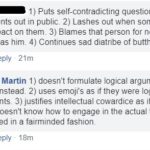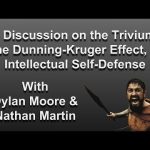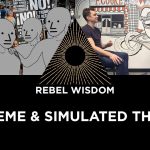
Do you want to take your spirituality and mystical practice to the next level? If so, I suggest taking the path that royalty takes. Please read the exchange between Alexander the Great and his mentor Aristotle (see below), where Alexander laments the release of information in Aristotle’s treatise “Metaphysics”, as it gives the common man what only the bloodlines should be allowed to know. However, Aristotle implied that one cannot […] Read more »













